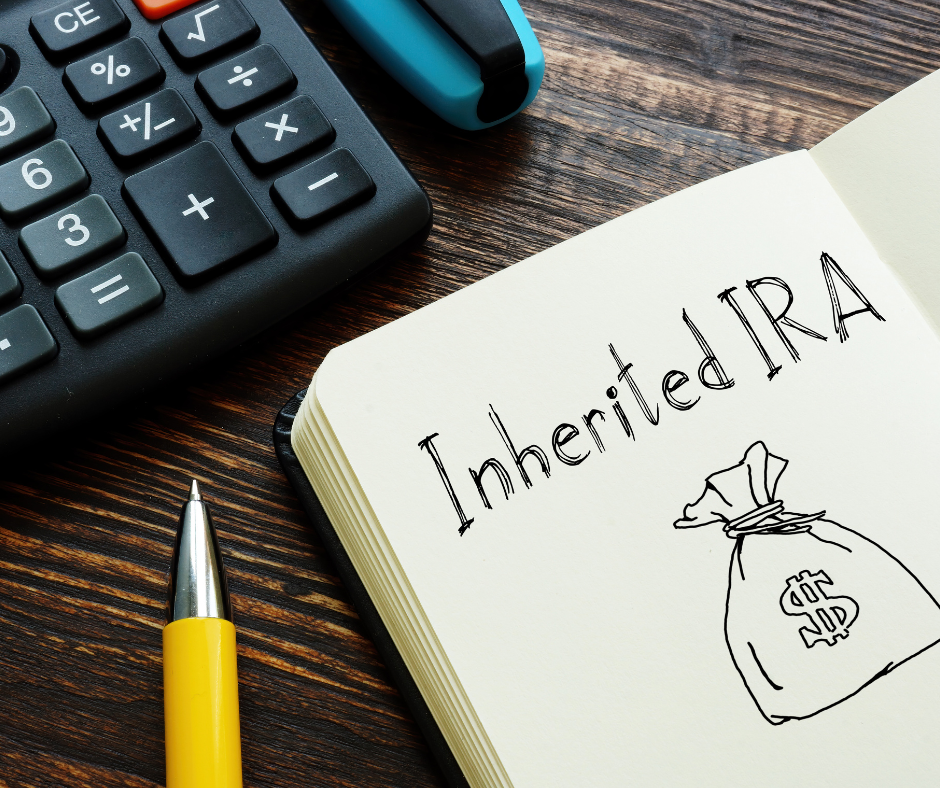As a Broken Arrow inheritance lawyer, I often recommend Irrevocable Life Insurance Trusts (ILITs) to…

What to Do When Your Doctor Says to “Get Your Affairs in Order”
Five words no one ever wants to hear from their doctor: “Get your affairs in order.”
According to a 2017 Caring.com survey, more than 58% of Americans do not have a will or trust in place yet. Unfortunately, it often requires a chronic disease or terminal illness diagnosis, or other life-changing events to prompt the estate planning process. Talk to your attorney about completing the documents below to protect your future and make the circumstances of your diagnosis easier for you and your loved ones.
Advance Health Care Directive / Living Will
An advance health care directive (also called a “living will”) is a legal document where you communicate your end-of-life decisions regarding life-sustaining treatment like life support, artificial nutrition and hydration, and hospice care decisions. You can also provide instructions regarding organ donation. This document is a powerful tool to communicate your wishes so that your loved ones don’t have the burden of wondering what decisions you’d make for yourself at the end of your life. It also ensures your designated decision-maker will honor your choices. This document may also contain “do not resuscitate” (DNR) or “do not intubate” (DNI) orders, or those directives may be contained in a separate standalone document.
Health Care Power of Attorney
A health care power of attorney designates a person to make health care decisions on your behalf when you are unable, or when you need extra help for convenience. This person can usually obtain access to medical records on your behalf as well. Discuss your views on medical treatments and life-saving measures with this individual and any loved ones, so they fully understand the decisions you may be asking them to make.
Financial Power of Attorney
A financial power of attorney authorizes the named individual to carry out certain financial matters on your behalf. We find that people also underestimate how simple their power of attorney should be. We recommend a detailed document where you expressly lay out the different tasks someone may need to complete on your behalf. These tasks can include banking and financial decisions, but they may also include things like engaging in litigation on your behalf, managing digital accounts and assets, making business decisions or even completing gifts for tax or Medicaid qualification planning.
Last Will and Testament
In the simplest terms, a Last Will and Testament (or “will”) is a statement directing how you want your assets handled when you die. You need to designate a personal representative to execute the instructions in your will and identify assets and their recipients. Homes, cars, and financial accounts are some of the assets you will need to address unless they’re owned in a trust. Make sure to account for digital assets like email, social media accounts, or online trading accounts and cryptocurrency. Some states allow for the inclusion of a personal property memorandum that lists your personal possessions and designates the recipients. One benefit of this memorandum is that you can update this document without having to return to your attorney to change your will.
A will can also name a guardian for your minor children. Without this document in place, a judge may determine who cares for your children after you pass. According to the Caring.com study we referenced above, parents with minor children are even less likely to have a will – only 36% of those surveyed reported having one in place.
Revocable Living Trust
A revocable living trust (“trust”) is a legal tool that allows you to pass assets to a beneficiary upon your death without the need for a probate to be filed in court. It also allows for the management of your assets while you are incapacitated. This tool allows you to both designate who receives your assets and how they’re received – for example, you can spread out distributions over an extended period of time or add provisions to protect the inherited assets from your beneficiary’s creditors. As long as you’re able, you act as your own trustee and control all of your assets. When you become incapacitated or upon your death, a successor trustee that you choose can take over managing the assets on your behalf. A third party, known as a trustee, manages the assets on your behalf.
In addition to making sure you have the basic estate planning documents prepared, there are a few other steps you can take to ensure that your family’s future will be secure:
- Consider drafting a separate letter detailing any specific wishes for raising your children. This can allow you the opportunity to share the hopes and dreams that you have for your children and offer guidance about any assets that are left to them.
- Gather important documents. Make sure your trusted loved ones and your attorney have access to your important documents. These may include: your social security card, birth certificate, tax returns, insurance policies (life, health, car, home), bank accounts, mortgage agreement, car title, pension and retirement plans, property titles or deeds, will, trust, investment portfolios, advance directives, contact information for estate planning attorney and accountant, marriage certificate, and utility account information.
- Do not overlook planning for digital assets. Digital assets like email, blogs, online stores, social media accounts or a business website are housed with companies that all have different policies on what happens to your asset upon your death.
- Consider making funeral or memorial plans ahead of time. You can often plan your memorial and even pay in advance.
- Check beneficiaries on retirement plans and insurance policies. These assets have designated payable-on-death beneficiaries. You want to make sure that your beneficiary designations accurately reflect your intentions and that they’re payable to the person or trust that aligns with your goals. If you have significant assets in retirement, talk to your attorney about the implications of the Secure Act (a new federal law passed in early 2020) on those that will inherit your retirement accounts.
Facing a chronic or terminal illness diagnosis can be overwhelming. Littleton Legal is here to help you share that burden. We can help you reclaim some control by working with you to create a custom, carefully crafted estate plan. This will ensure that your trusted decision-makers follow your intentions and lighten the load your loved ones have when it is time for them to honor your wishes. Call us today at 918-608-1836.



